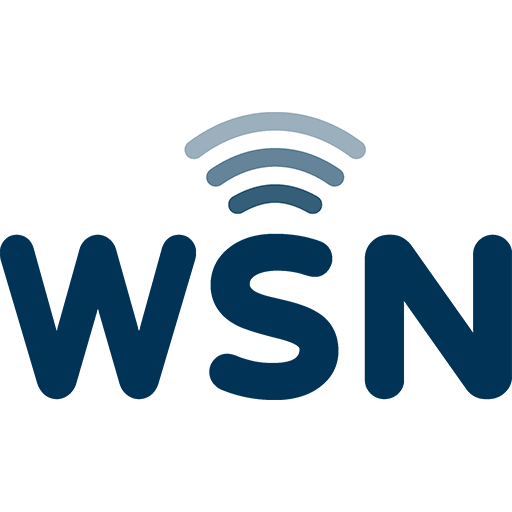VoIP has changed business communication in many ways. This technology brings together many different communication channels under one umbrella (UcaaS, for “unified communication tools”, or, functionalities in telephony itself among other things). It is also much less expensive on a day-to-day or long-term basis.
The basic requirement for a VoIP call is the availability of the Internet. VoIP calls travel over the data network instead of over a copper line as we know conventionally.
For a VoIP call to work properly, the Internet connection must be fast, stable and have sufficient bandwidth. A slow connection will mean that voice packets take longer to reach the other person creating miscommunication or mishearing the other person. Since a call is a real-time communication medium, any packet loss will affect the conversation. Bandwidth determines how many simultaneous calls the network can support at any given time. Each call takes up a certain amount of bandwidth, so it is recommended to activate QoS in the network to create a stable channel.
Different types of internet connections
We have access to many types of Internet connections at our fingertips. High-speed options, such as broadband Ethernet and fibre, are the best option for VoIP calls. However, other types of data connections such as WiFi or mobile networks (4/5G / LTE) equally support these types of calls from smartphones and similar devices.
There are times when companies have offices that are located in remote areas or in less developed countries. In these cases, satellite connections may be the only option available. Satellite Internet is the option for those locations that otherwise would not have access to the Internet.
Can VoIP work over satellite connections?
The answer to this question is not as clear cut as yes or no, it depends on a number of variables. Sometimes it may work and sometimes it may not. Let’s look at why this happens.
First, let’s look at several factors that affect the quality of VoIP calls. It is no good connecting to a caller. The conversation must be clear to all parties. In many cases, not being able to make a call is better than poor quality audio. Some of the factors affecting VoIP quality include:
Bandwidth
Each VoIP call requires a certain amount of bandwidth. Some calls are made using audio codecs, to preserve bandwidth but reduce audio quality. In some cases, this is the only option available.
Latency
Latency is the time it takes for voice packets to reach their destination. High latency is very noticeable and causes the conversation to be poor with echoes and both people interrupting each other.
Loss of packages
Data can be transmitted over the Internet with different types of protocols. VoIP uses UDP. This protocol, however, has a problem: if data packets are lost along the way, they are not forwarded. This means that packet loss can occur, causing words to be lost or audio to be of poor quality.
Jitter
Jitter is related to latency. Latency is measured several times and the difference between measurements is known as jitter. In a perfect network with ideal conditions, jitter would be zero, although in the world this is impossible, we always try to keep it as low as possible.
Satellite connections often have different upload and download speeds, just like any other type of internet connection. A priori, this has no effect on normal Internet surfing, but VoIP calls require bandwidth in both directions. For this reason, we always recommend the installation of a QoS (Quality of Service). QoS refers to any technology that manages data traffic to reduce packet loss, latency and jitter in a network. QoS controls and manages network resources by setting priorities for specific types of data on the network, in this case, VoIP.
Latency is a much bigger problem with satellite connections. Data packets take much longer to reach their destination, as they have to pass through a satellite orbiting in the sky. This latency, although minimal, is often higher than what is needed for calls to go through without major problems. When we have huge latency, the quality of VoIP calls suffers substantially.
Packet loss and jitter can be compensated by the use of jitters, low bit errors during transmission, etc. However, some of these will increase latency.
In short, satellite connections can support VoIP technology. Our company has been providing maritime VoIP for more than 10 years to vessels with satellite connections and to remote environments where a conventional internet connection cannot reach.
Our servers implement tools that limit packet loss so that your calls are clear, stable and with the best audio. To do this, we have the best sound codecs and a technical team that will help you solve any problems you may have with VoIP technology via satellite.


